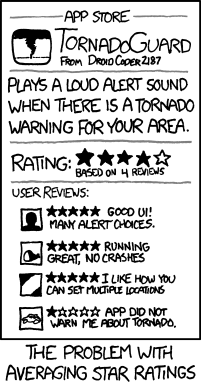Date: WEDNESDAY 12 OCTOBER 2011
Venue: BIS Conference Centre, Victor ia, London
Objectives:
- To examine the key contributions of evaluation to international development
- To provide an update on the accountability framework for evaluation in the UK
- To explore the role of professional development in building evaluation capacity
THIS ONE DAY EVENT will raise important issues in the world of development and evaluation. The workshop will offer the chance to hear from senior practitioners and will cover the theory and reality as experienced in many contexts. It will update the accountability framework with particular reference to HM Treasury Guidance for Evaluation (the Magenta Book).
A major challenge for organisations is to develop their own staff as evaluation professionals. UKES will offer international insights as well as an update on its own guidance. DFID will report on how it is going about building its own community of evaluators. These will be presented alongside those from the NGO and voluntary sector. The day is relevant to all individuals and organisations with an interest and experience of development and evaluation, including: Donors, Consultants, Public and private sector representatives, Academics, A wide range of professionals
Programme
The workshop will commence at 09.00 and close at 17.30.
Highlights will include:
- Updates on the Independent Commission for Aid Impact (ICAI), HM Treasury’s Magenta Book and the Cross Government Evaluation Group (CGEG)
- How to evaluate in fragile states, conlict environments and other challenging situations
- Case studies of evaluation at different levels: national and local, sector specific
- How to build professional capacity: use of accreditation and adapting to it a range of organisations at government and civil society level
Registration
The workshop will be held at the BIS Conference Centre, 1 Victoria, Street, London SW1H OET.
The registration fees are as follows:
UKES members £75.00 + VAT
Non-members £100.00 + VAT
Registration and the full programme for the workshop are available from the website www.profbriefings.co.uk/depwf
For any further information, contact the workshop administrators:
Professional Brieings
37 Star Street
Ware
Hertfordshire SG12 7AA
Telephone:
01920 487672
Email: london@profbrieings.co.uk

